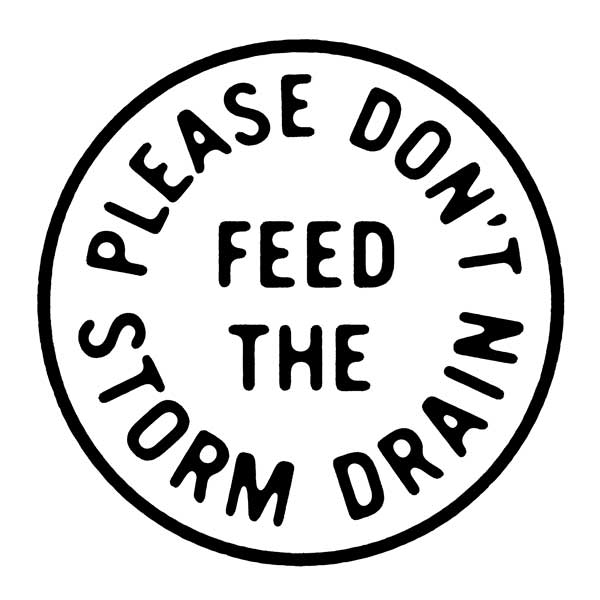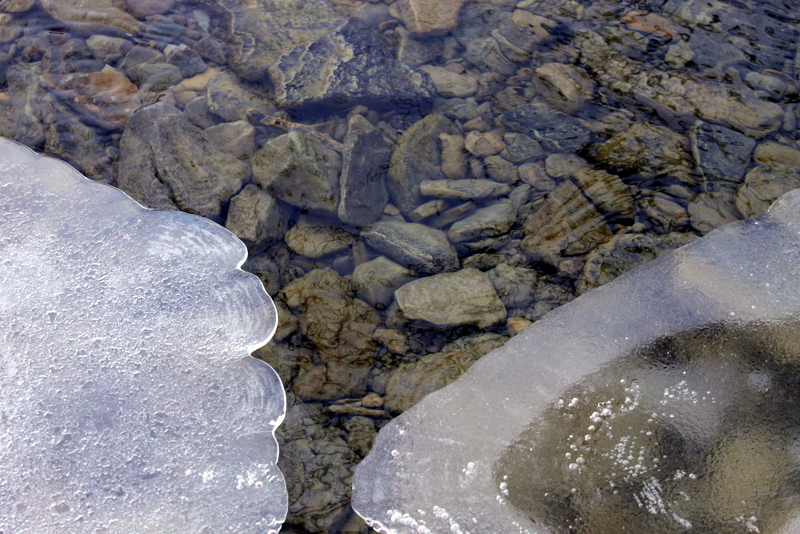Wetlands
Wetlands can save you money (and a headache)!
 Wetlands often get a bad rap with people who do not understand their importance and necessity within the landscape. Often these areas are seen as a “waste of space”, however overlooking these important areas can lead to severe problems over time. Wetlands are often thought of as only bird or frog habitat, (wetlands are some of the most ecologically diverse areas on the planet), but this is not their only attribute. Wetlands on the landscape serve other very important roles that affect the day to day life of everyone who lives near them. Wetlands serve as the “sponges” of the environment. These “sponges” soak up excess stormwater, reducing flooding and stormwater problems. Wetlands also serve as nutrient sinks. Nutrients such as excess fertilizer can be intercepted by wetlands before they enter a stream or lake ecosystem. By removing these excess nutrients our lakes and streams will be healthier so we can enjoy better fishing and swimming without costly management programs. Wetlands also help buffer the effects of droughts by recharging groundwater supplies surrounding these areas.
Wetlands often get a bad rap with people who do not understand their importance and necessity within the landscape. Often these areas are seen as a “waste of space”, however overlooking these important areas can lead to severe problems over time. Wetlands are often thought of as only bird or frog habitat, (wetlands are some of the most ecologically diverse areas on the planet), but this is not their only attribute. Wetlands on the landscape serve other very important roles that affect the day to day life of everyone who lives near them. Wetlands serve as the “sponges” of the environment. These “sponges” soak up excess stormwater, reducing flooding and stormwater problems. Wetlands also serve as nutrient sinks. Nutrients such as excess fertilizer can be intercepted by wetlands before they enter a stream or lake ecosystem. By removing these excess nutrients our lakes and streams will be healthier so we can enjoy better fishing and swimming without costly management programs. Wetlands also help buffer the effects of droughts by recharging groundwater supplies surrounding these areas.
When wetlands are illegally filled or altered on the landscape we can quickly see the negative affects of these actions. Severe stormwater problems that were never seen before turn up, wells that produced year round may run low, and flooding in the immediate area or down stream may increase. All of these problems ultimately cost the taxpayers and landowners money to solve. By working with wetlands within the landscape we can save ourselves money as well as a lot of headaches.
Unfortunately the United States has lost over half of its original wetlands and continues to loose approximately 100,000 acres of wetlands each year. States such as Ohio have lost nearly 90% of their original wetlands. With your help we can work to address these trends. Whether you are a nature nut or a landowner who does not enjoy spending hard earned money on environmental problems that can be avoided by working with wetlands, these precious ecosystems should be of interest to you.
For more information on Wetlands check out the following websites:

